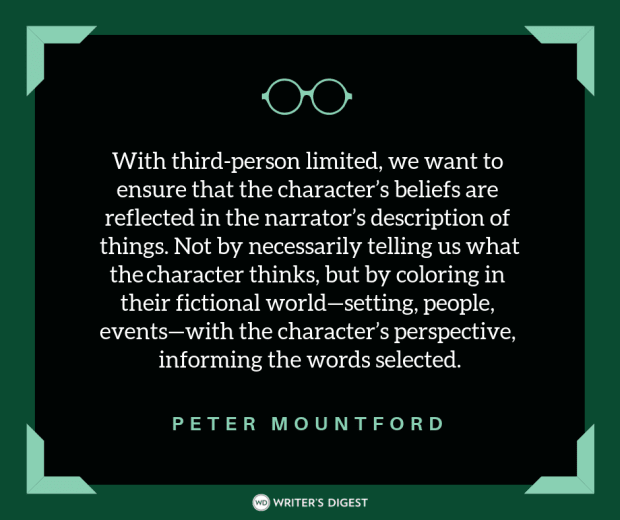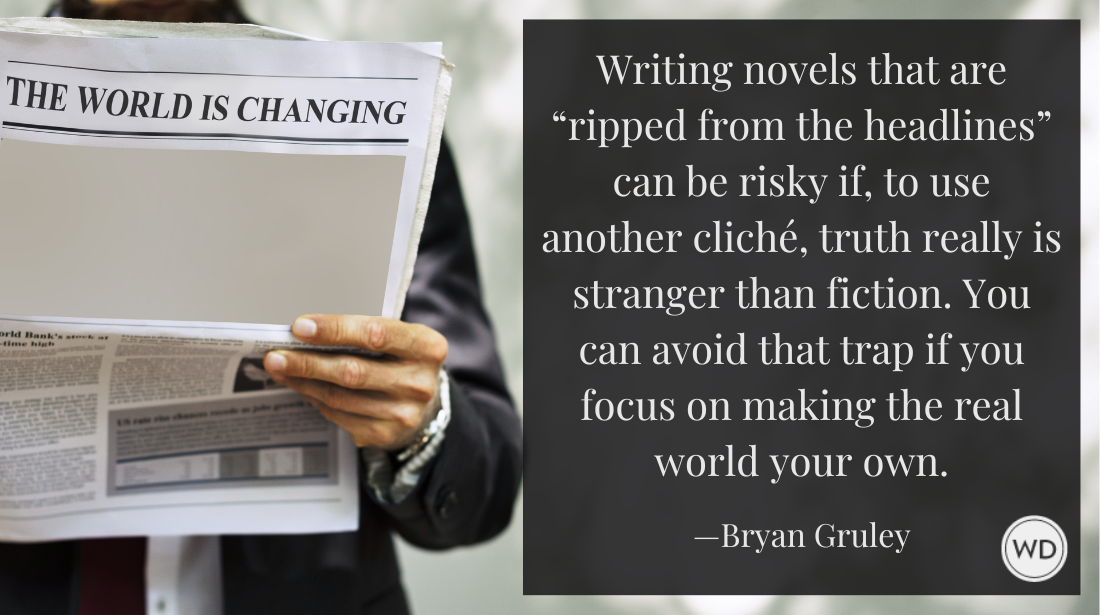The Strengths of the Harry Potter Series
This post introduces a 13-part series on the craft & technique of Harry Potter by the insightful Jim Adam. This series includes: — IntroductionIn the original version of Destiny Unfulfilled:…
This post introduces a 13-part series on the craft & technique of Harry Potter by the insightful Jim Adam. This series includes:
- Telling a Story: The One-Sentence Stress Test
- Originality: Making Your Work Seem Fresh & New
- Story Structure: Beginnings, Middles, and Ends
- Premise vs. Story: One Big Mistake Writers Make
- Readability: Get Out of the Way
- Reader Identification: Believable and Not Perfect
- Tight Focus: Resist Telling Nonessential Details
- POV: Stories Are About PEOPLE
- Plot-Defining Disturbance
- No Description Dumps! Crafting a Story With Details & Immersion
- Showing and Telling in Scenes and Dialogue
- Stretching the Tension: Keep Threats Alive
- Conflict: Ratchet It Up By Moving Closer to Home
--
Introduction
In the original version of Destiny Unfulfilled: A Critique of the Harry Potter Series, I made no attempt to discuss the strengths of the Potter series in any detail. At the time, I rationalized this by pointing out the success of the series. Its commercial success shows beyond a doubt that Rowling’s magnum opus is a powerful work of fiction that appeals to a wide range of readers, while the critical success has resulted in books, websites, reviews, and articles that address the strengths of the series more thoroughly and with more skill than I could manage.
Though none of this has changed, in the fullness of time I recognized my approach for what it was: laziness. Criticizing will always be easier for me than offering praise. But beyond personality flaw, in failing to analyze and meditate upon the strengths of the Potter series, I had missed half of the equation. A writer, to be successful, has to do more than avoid making mistakes, she must also imbue her work with positive characteristics.
Critics occasionally complain that a particular bestseller is poorly written. Assuming that some of those complaints are valid, this suggests that certain positive qualities in fiction are so powerful that they can cover a multitude of sins. In the case of the Potter series, the positive qualities are such that they overshadow a number of weaknesses—enough, in fact, to fill an entire book, as Destiny Unfulfilled shows.
Is it possible that certain positive qualities are so powerful that a writer dare not leave ignore them? After considering a wide range of bestselling commercial fiction, it seems clear that only one quality can be called an absolute requirement: story.
Control of point of view (POV), clean prose, a solid protagonist: we can find bestselling novels lacking one or more of these qualities. We can find bestselling novels that start with long expositional blocks (e.g., some of James Michener’s epics). But all such books have a story to tell, and they tell it.
Next in series: Telling a story
Jane Friedman is a full-time entrepreneur (since 2014) and has 20 years of experience in the publishing industry. She is the co-founder of The Hot Sheet, the essential publishing industry newsletter for authors, and is the former publisher of Writer’s Digest. In addition to being a columnist with Publishers Weekly and a professor with The Great Courses, Jane maintains an award-winning blog for writers at JaneFriedman.com. Jane’s newest book is The Business of Being a Writer (University of Chicago Press, 2018).








